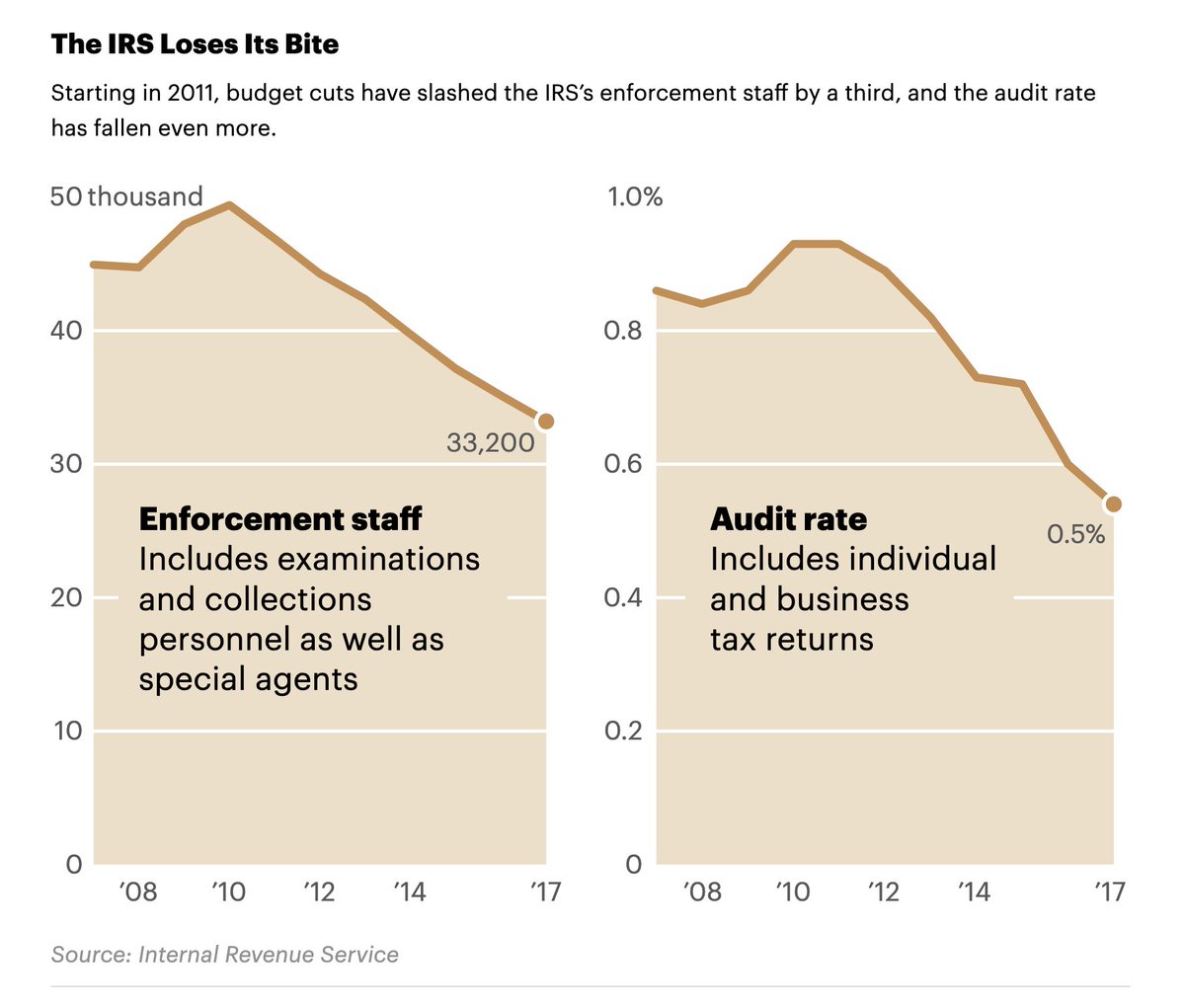
The Federal Reserve got praise for what it did to stabilize the economy during the pandemic. But journalists @Cezary and Allan Sloan revealed an unintended consequence of its actions:
The Fed accelerated wealth inequality. Here’s how. (THREAD)
The Fed accelerated wealth inequality. Here’s how. (THREAD)
2/ When COVID-19 hit, unemployment soared and stocks plummeted. To ensure credit markets would stay open and businesses could keep borrowing, the Fed cut interest rates and bought up vast amounts of Treasury IOUs and other securities.
The moves helped the stock market. A lot.
The moves helped the stock market. A lot.
3/ The Fed’s policies sparked a multitrillion-dollar stock market boom. And the people who benefited the most were the wealthiest 10% of Americans: They hold 89% of stocks and mutual fund shares owned by individuals, Fed data shows.
4/ So while the Fed’s policies helped generate jobs and reduce unemployment, they also increased the wealth of the people at the top far more than the wealth of working-class Americans.
And this worsened economic inequality.
And this worsened economic inequality.
5/ The Fed, the Treasury and the White House declined to discuss the impact of soaring stock prices on economic inequality. But Fed Chair Jerome Powell said at a congressional hearing in February that the Fed can’t affect wealth inequality through its policies.
6/ Some economists agree with Powell, but others think the evidence merits reconsideration.
7/ Olivier Blanchard, a former director at the IMF, said in December that he now believes Fed policy does impact economic inequality because a change in interest rates has “major distribution effects between borrowers and lenders, between asset holders and not.”
8/ Home prices have also benefited from the Fed’s recent moves — and home ownership is much more evenly distributed than stock ownership. But the stock market boom makes the increase in homeowners’ equity look negligible.
9/ How negligible? Since the Fed’s intervention in March 2020, U.S. stocks have gained around $22 trillion in value while homeowners’ equity was up only about $1.3 trillion through the end of 2020.
10/ Here’s how one expert summarized the inequality tradeoff: “I don’t want to have a lower stock market and higher unemployment.”
In other words, increasing wealth for the wealthy is an inevitable side effect of Fed policies that help create jobs.
In other words, increasing wealth for the wealthy is an inevitable side effect of Fed policies that help create jobs.
11/ And as long as the Fed keeps pumping more money into the financial system by buying Treasury IOUs, stock prices will likely keep rising as some of that cash inevitably makes its way into the stock market.
12/ And that will continue to widen the gap between the well-off and the not so-well-off.
You can read the full story here:
propublica.org/article/how-th…
You can read the full story here:
propublica.org/article/how-th…
13/ Sign up here to make sure you get all of our top stories as they publish:
propublica.org/newsletters/th…
propublica.org/newsletters/th…
• • •
Missing some Tweet in this thread? You can try to
force a refresh






